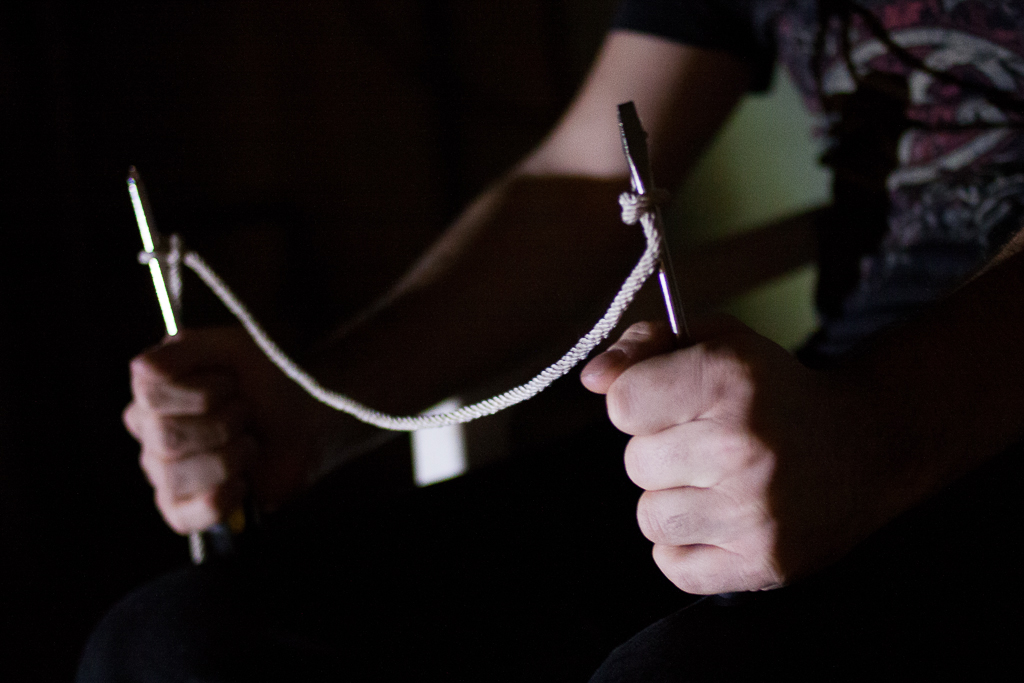
Californians voted no on Proposition 34, remaining one of 33 states with the death penalty, according to The Huffington Post. The vote was close, with 47 percent for the proposition to repeal and 53 percent against. However, Proposition 36 was passed by a vote of 68.8 percent to 31.4 percent, amending what is known as the three strikes law, also according to The Huffington Post.
Propositions 34 and 36 both were proposed to change the prison system. Proposition 34 would have abolished the death penalty in the state of California. Instead of capital punishment, criminals would have received life incarceration with no chance of parole. Inmates would continue to work while incarcerated, with earnings going toward victim restitution fines.
Proposition 36 will decrease some prisoners’ sentences by revising the three strikes law. Previously, the three strikes law gave offenders a 25-year to life sentence if they were convicted for a third felony. The third offense did not have to be a violent crime to merit this punishment in California.
Examples of violent felonies include murder, robbery and rape, according to the California Voter Guide.
Proposition 36 alters the law to impose these increased sentences only if the third felony is violent or serious, according to the voter guide.
“If you were a first-time felon, the sentence for a [non-violent] crime might be five years. Prop 36 is saying that if the original sentence for that is five years, why on earth are we putting this person behind bars for 25 years?” said Deshonna Collier-Goubil, a professor in the sociology department.
Collier-Goubil explained that the revision of the three strikes law makes sense, shaving years off of criminals’ sentences.
“I am for Proposition 36,” said junior biblical studies major Cody Nord. “I don’t believe that a life sentence for a minor crime is worthy of a life in prison, even with the previous two strikes.”
Before the election, Dave Peters, a professor of political science and public administration, said he had not yet decided on his position about Proposition 34. “If it is my family member that someone has murdered, I want them to be executed. It’s an eye for an eye, a tooth for a tooth … I’m not God, and no one else is, but there is justice.”
Some people voting “no” on Proposition 34, such as former California Gov. Gray Davis, have listed statistics of the murders and rapes committed by the 700 inmates currently on death row.
“This is not about saving money, this is about doing justice,” Davis said in a video on the Vote No on 34 website.
Davis, a Democrat, spoke at a Los Angeles hotel for the No on Proposition 34 campaign along with two previous California governors, Republicans Pete Wilson and George Deukmejian.
“Bogus claims about saving money are not only bogus, but it’s rank hypocrisy. The people that are behind [Proposition 34] are largely the people who’ve caused delays by cynical flouting of the rule of law,” Wilson said.
Some Biola students are unsure of their authority to determine whether a criminal lives or dies.
“I don’t think it’s up to us to determine when someone should die,” senior business major Lauren Marlow said, noting that she wouldn’t want to be the one to have to decide when to end someone’s life.







